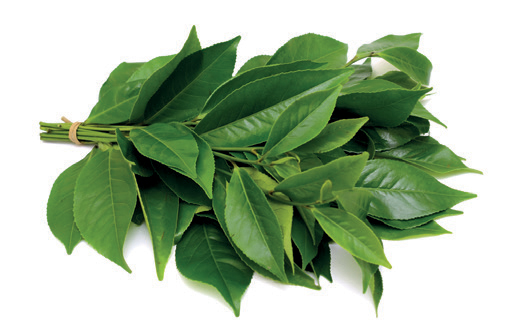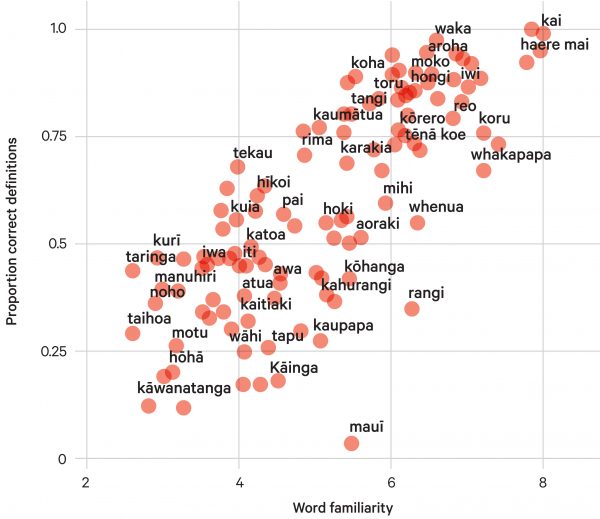Reading the tea gene

Tea plants make large amounts of caffeine and flavonoids compared to other varieties of camellia, and it does this it by copy-pasting particular genes like crazy.
When scientists from China’s Kunming Institute of Botany sequenced the genome of tea, Camellia sinensis, they discovered it was unusually long. At 3.02 billion base pairs, it is four times the size of the coffee genome. More than half of these base pairs are ‘jumping genes’, which replicate themselves over and over again.
Inside some of these repeated pieces of DNA are genes which make catechins, flavonoids and caffeine, and contribute to stress tolerance—all-important for flavour and for the adaptation of tea to plantation sites all over the world.

















